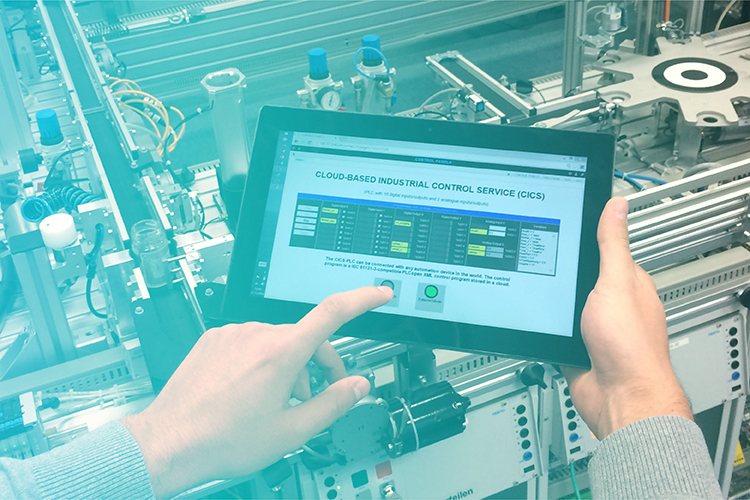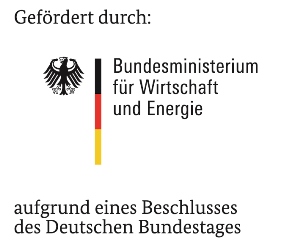
From high-grade networked production systems, to fully networked production sites and real-time company-to-company communication, the term Industry 4.0 has become synonymous with the concept of efficient, flexible and individual manufacturing systems, in which the product maneuvers itself through the production process.
While conventional hardware-based programmable logic controllers (PLC) have been characterized by closely-intertwined processes and controls, the last decade has seen a trend toward more open networked industrial systems based on software PLCs that assume responsibility for the control function. The next step will involve the complete uncoupling of the control functions and the associated processes/equipment and eventually a move to cloud-based control services.
 Fraunhofer Institute for Cognitive Systems IKS
Fraunhofer Institute for Cognitive Systems IKS